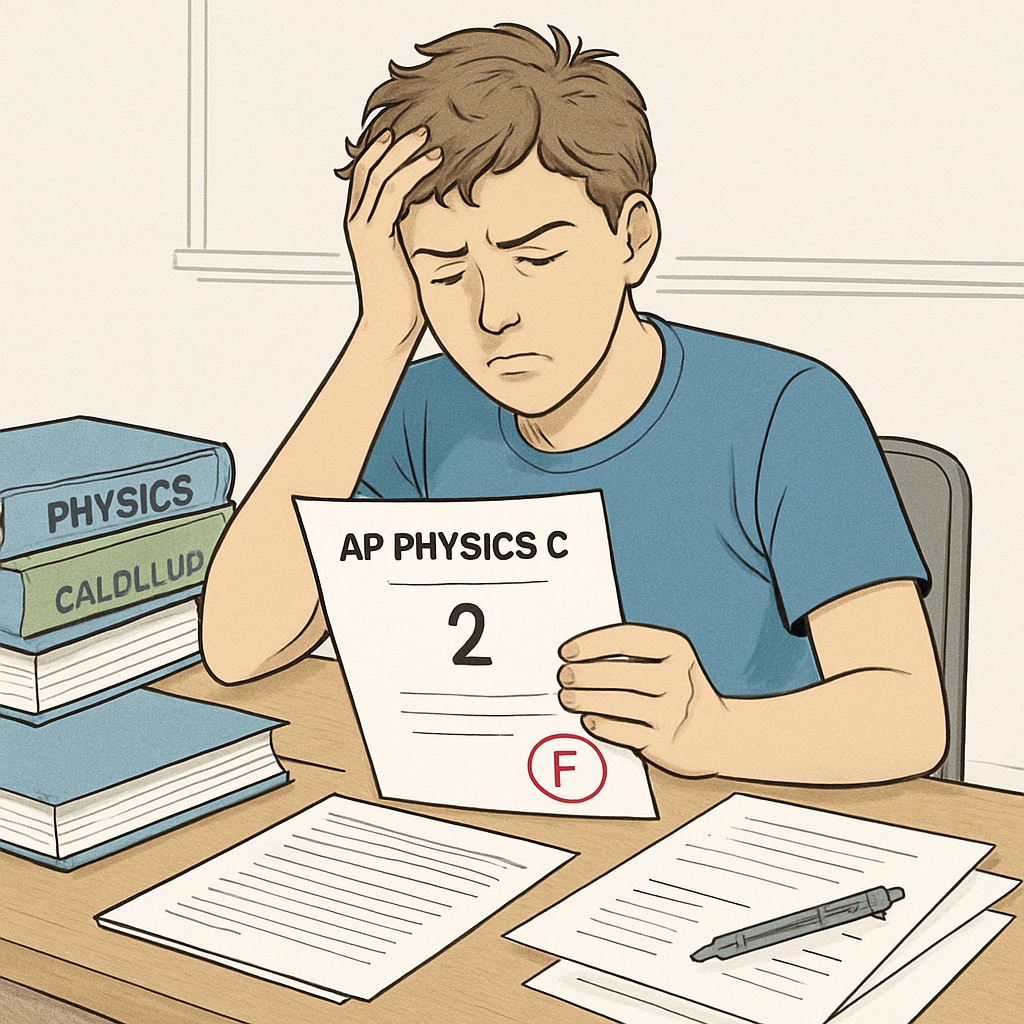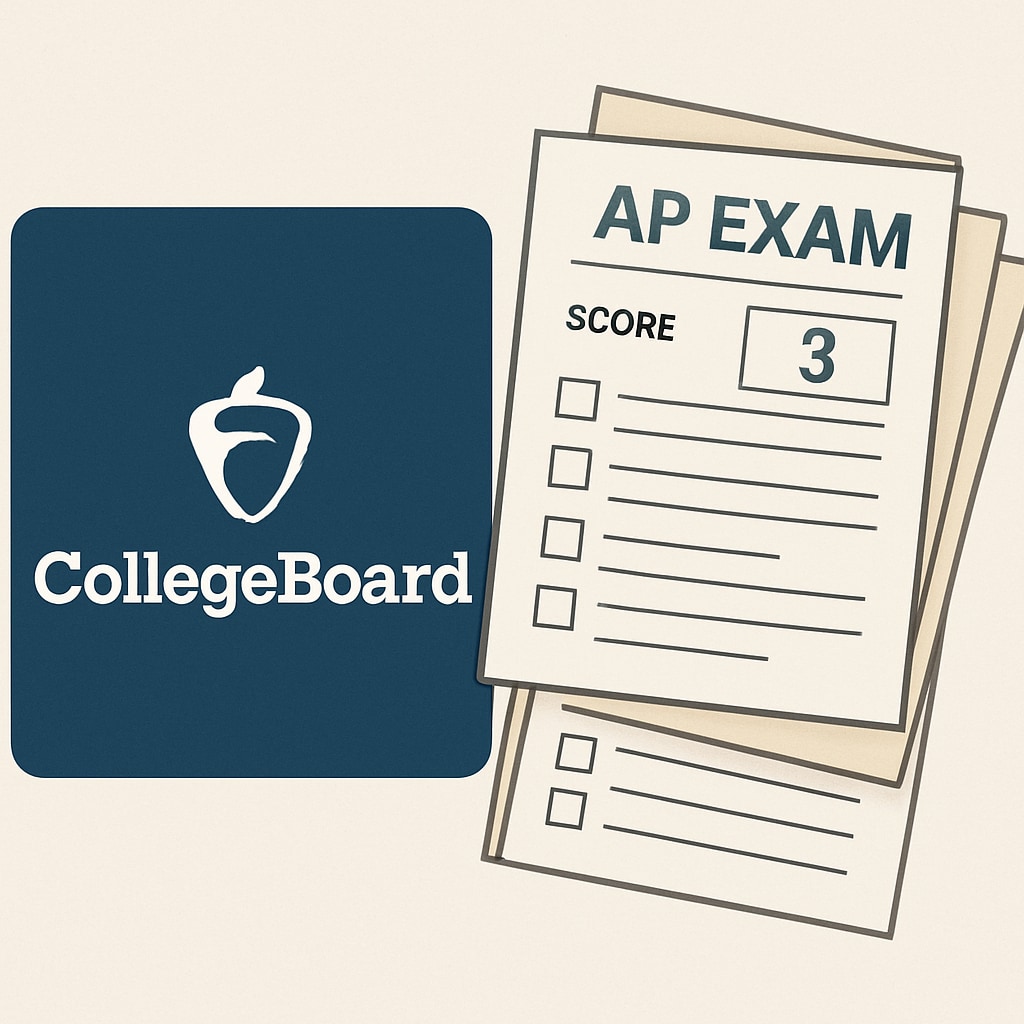AP Physics C, a rigorous college-level physics course offered to high school students through the Advanced Placement (AP) program, has become a source of frustration for many due to grading errors, disputes, and failed appeal mechanisms. Students who encounter discrepancies in their exam scores or course grades often find themselves trapped in a system that seems unresponsive to their concerns. This article sheds light on the causes behind these issues and outlines practical strategies for students and parents to ensure fair evaluation.
Understanding the Grading Disputes in AP Physics C
The complexities of AP Physics C grading often stem from two main sources: issues with exam scoring by the College Board and inconsistencies in classroom grading by AP instructors. For example, exam errors may include misinterpretation of answers in free-response sections or technical issues during online submissions. Classroom grading disputes, on the other hand, may arise from unclear rubrics, biased evaluations, or miscommunication between teachers and students.
Many students attempt to resolve these issues through their school’s internal appeal process, which ideally should address concerns swiftly and transparently. However, the reality is often different. Appeals may be dismissed without thorough investigation, leaving students frustrated and confused. This failure points to systemic barriers in educational institutions, where policies prioritize administrative convenience over individual justice.

Why Appeals Often Fail: Systemic Challenges
Understanding why appeals fail is crucial for navigating the system effectively. Common reasons include:
- Lack of transparency: Schools may provide limited information about how grades or appeals are evaluated, making it difficult for students to challenge decisions.
- Inadequate training: Teachers and administrators may lack proper training in handling grading disputes, leading to inconsistencies in resolution.
- Institutional bias: In some cases, schools may prioritize protecting their own policies or faculty over addressing student grievances.
Moreover, the College Board, which administers AP exams, has its own appeal process for exam disputes. This process, while theoretically accessible, can be lengthy and opaque, leaving students with few viable options for recourse.

Strategies for Navigating Grading Disputes
Despite the systemic challenges, students and parents can take proactive steps to address grading disputes and achieve fair resolution. Here are some actionable strategies:
- Document everything: Keep detailed records of grades, correspondence with teachers, and any evidence supporting your claim. This documentation will be invaluable during the appeal process.
- Understand school policies: Familiarize yourself with your school’s grading and appeal policies. Knowing the rules can help you identify where the system may be failing.
- Engage constructively: Approach teachers and administrators respectfully but assertively. Clearly articulate your concerns and provide evidence to support your case.
- Escalate when necessary: If the school-level appeal fails, consider escalating the issue to the school district or the College Board. Be prepared for a lengthy process and gather as much supporting evidence as possible.
- Seek external support: Advocacy organizations or legal advisors specializing in educational fairness may be able to assist in cases where institutional bias is evident.
By taking these steps, students can increase their chances of achieving a fair evaluation and ensuring accountability within the education system.
Ensuring Long-Term Improvements in Educational Fairness
While individual strategies are important, systemic change is necessary to prevent future disputes. Parents, educators, and policymakers should advocate for reforms such as:
- Improved training for teachers and administrators in handling grading appeals.
- Greater transparency in grading rubrics and appeal processes.
- Independent oversight committees to review disputes impartially.
Educational institutions and the College Board must also recognize their responsibility in fostering trust and fairness. By prioritizing student advocacy and accountability, the system can better serve its stakeholders.
In conclusion, while AP Physics C grading disputes and appeals failures can be deeply frustrating, they are not insurmountable. Through informed strategies and persistent advocacy, students can navigate these challenges and contribute to broader changes in educational fairness.


